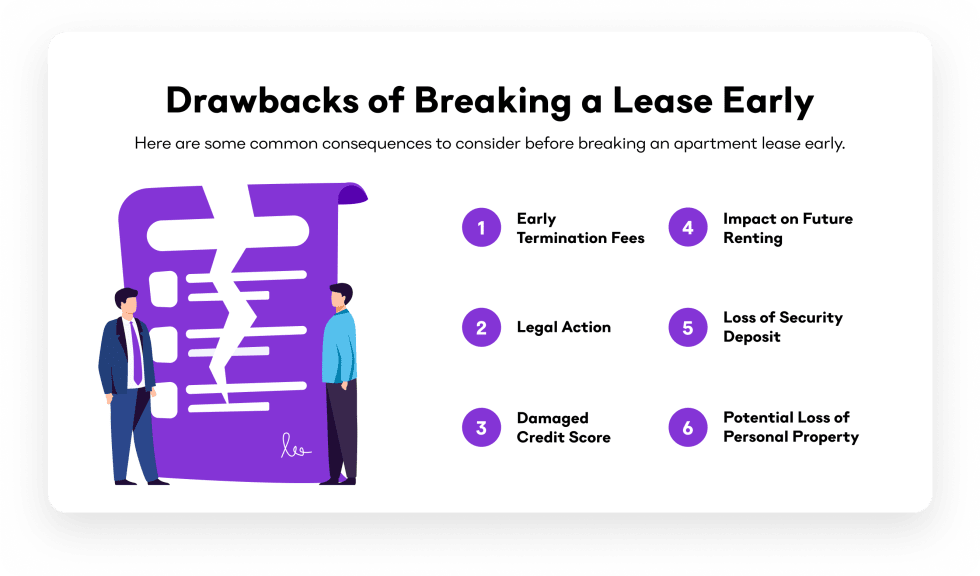Key Factors to Consider if You Break a Lease
Key Factors to Consider if You Break a Lease
Blog Article
The rental industry is definitely shifting, with an increase of tenants than actually rethinking their residing situations. Queries around “can you break a lease” soared by over 70 percent within the last year alone, showing a clear trend. Whether it's a work change, sudden economic difficulties, or a relationship change, your choice to break a lease isn't anyone to take lightly. Knowledge the key factors at play can help you save from sudden economic and legitimate headaches.

Early Terminations on the Increase
A current examination across major US towns unveiled that around 18 per cent of tenants contemplate breaking their lease before the full expression ends. This mirrors broader improvements in employment, lifestyle, and also emotional wellness priorities. Data also implies that younger renters, especially those old 18 to 34, are the most likely to create a transfer mid-lease. If you are in this party, you're definitely not alone.
Economic Penalties Prime the List
Probably the most quick issue tenants have is the economic impact. Review effects indicate that 65 per cent of landlords demand some kind of early firing price, which could add the price of just one month's book to the full total rent left on your own agreement. About 28 % of renters surveyed said they overlooked these costs, leading to surprise expenses that set straight back their budgets.
Hidden Fees and Different Costs
It's not merely about termination fees. Some landlords also withhold security deposits or cost for re-listing the property. An average of, visitors can lose yet another 20 % of their deposit if the residence requires washing or repairs after an early on exit. Understanding these results may help with choice making before providing notice.
Appropriate and Credit Effects
Breaking a lease may follow you in more methods than one. Almost 22 percent of tenants who broke their leases without negotiating reported a ding to their credit report. Landlords can send your unpaid amounts to choices, making it harder to book elsewhere or secure loans. Also, being sued for unpaid lease is really a actual, if less common, risk.
Acceptable Causes and Negotiations
Not all lease pauses are handled equally. The most typically acknowledged reasons include health and security violations, military implementation, or significant house damage from events like natural disasters. Over fifty percent of tenants polled successfully negotiated making use of their landlords for a low payment or simpler phrases when they provided paperwork for such reasons.
The Conversation Element
Data demonstrates visitors who proclaimed early and overtly with their landlords were able to save yourself on average 35 percent on penalty costs. Setting objectives, sharing documentation, and arranging for an alternative tenant may all reduce the fallout. The earlier you start the discussion, the better your possibilities to minimize expenses and protect your credit score.
What the Developments Inform People
Lease-breaking is obviously trending upward. Yet, the danger of unexpected expenses and legitimate trouble remains high for folks who don't plan ahead. Researching your lease deal, understanding the great printing, and seeking legal advice if needed are intelligent first steps.
Examining lease-breaking data can give tenants a better image of what's at share, making it more straightforward to weigh their options and avoid economic missteps. Being prepared and aggressive transforms what is actually a important setback into a well-managed transition. Report this page